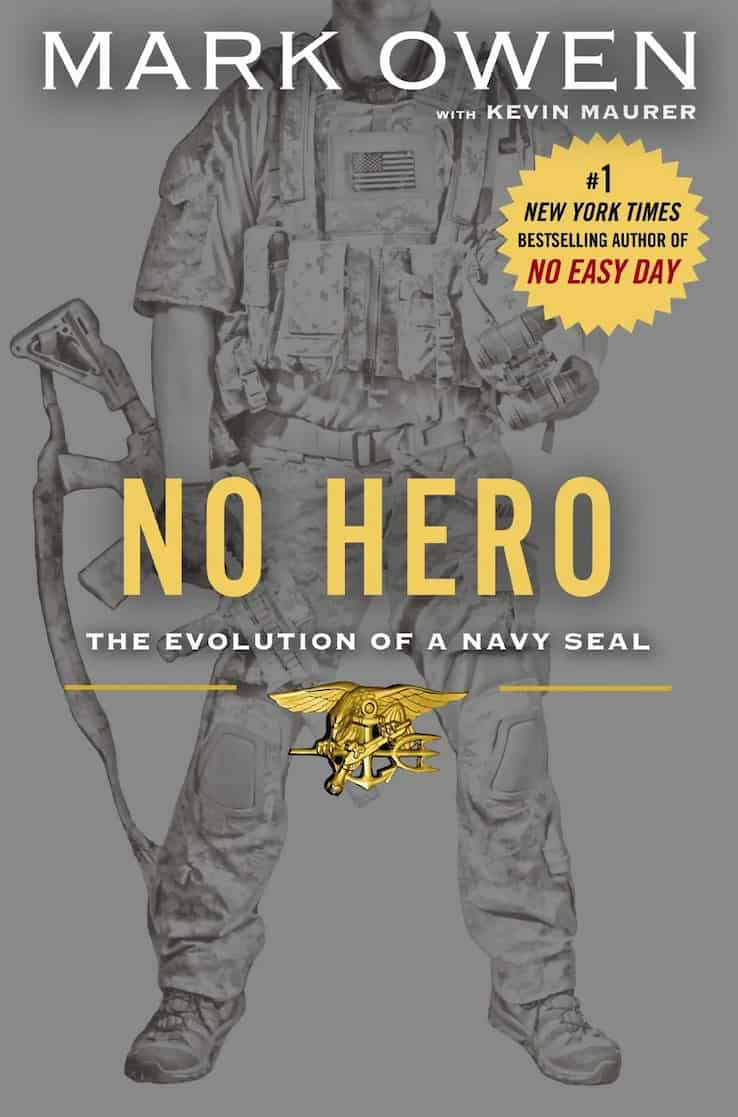What is choice overload?
Choice overload, which occurs when businesses needlessly inflate the number of options being considered while making a decision, is an albatross for small businesses. Having too many choices arises because small business owners refuse to focus on the areas of the business that matter. Be keen to limit the false choices that crop up like weeds and choke out success.
An example of what choice overload looks like in action.
While coaching my daughter’s softball team in the fall, me and the other coaches noticed a disturbing problem that only showed itself during games: analysis paralysis. When the batter in the box hit the ball, the runner on base would simply freeze. It was as if they were processing what to do next. In reality, there was only one thing they should be thinking, however: Run! That’s the only thing there was to do. But they weren’t doing it.
The genesis of choice overload
I surmised that, during game settings (this never showed up during practices), the girls were allowing their minds to focus on all of the possibilities, decisions that could be made, not the singular decision that should be made. After talking to one of the players, it was clear that choice overload was at work.
“I know we’re supposed to just run, unless it’s a pop fly,” she said. “But I start thinking ‘What if the runner in front of me gets tagged out? What if the outfielder scoops the ball and throws me out? What if the coaches are yelling for me to stay and I don’t hear them?’”
In each of the scenarios she described, running is still the only possible solution.
Choice overload, or, as it’s often called, overchoice, occurs when individuals allow themselves to focus on a realm of possibilities outside of what’s probable at a given time. Most important, their focus moves away from the most important matter(s) at hand. I see this a lot with the small businesses I work with.

A business owner starts fretting about social media but has yet to focus on branding, creating a user-friendly website or producing one iota of content. The danger, especially for brands, is they can lose objectivity and begin trying to do too many things, and none of them well. That dive into social media would likely divert time and energy away from other, more crucial areas of the business.
Focus on what’s most important at a given time
Formerly, my advice for marketers struggling with decision bloat syndrome was to have them make a short list:
- What’s causing you the most problems?
- What’s keeping you from addressing the issues?
- What happens if you don’t address it/them?
By the time they answer the third question, the point is made: They’ll never reach the level of success they hope to enjoy unless decisions are made, obstacles are removed. Lately, however, I’ve been using a different approach, one borrowed from former Navy SEAL Mark Owen’s book No Hero: The Evolution of a Navy SEAL. While completing SEAL training, Owen—who was afraid of heights—was mountain climbing in Las Vegas when the instructor noticed he seemed distracted.
“You’re calculating how far you’re going fall,” said the instructor. “You’re looking down [at the other trainees], but he’s not going to come up and help. You’re looking out at the strip. What are you going to do, gamble your way to the top? Don’t look at me. I’m not going to help you either. This is up to you. You’re climbing this rock. Stay in your three-feet world.”
Stay in your three-feet world.
In effect, the instructor was counseling Ward to focus on what he can control and, most important, what is the biggest priority at the moment—in his case, climbing the mountain. For you, it could be failing to court positive reviews for your business, decluttering your website or committing to content creation or amplification.
If you’re a business owner struggling with overchoice, remember this: It’s in your head. There aren’t many most important decisions to be made; there is only one most important decision. Decide what it is, then move on to the next such decision. So ask yourself, are you staying in your three-feet world? (If you’re in the market for a good read, I highly recommend No Hero.)

